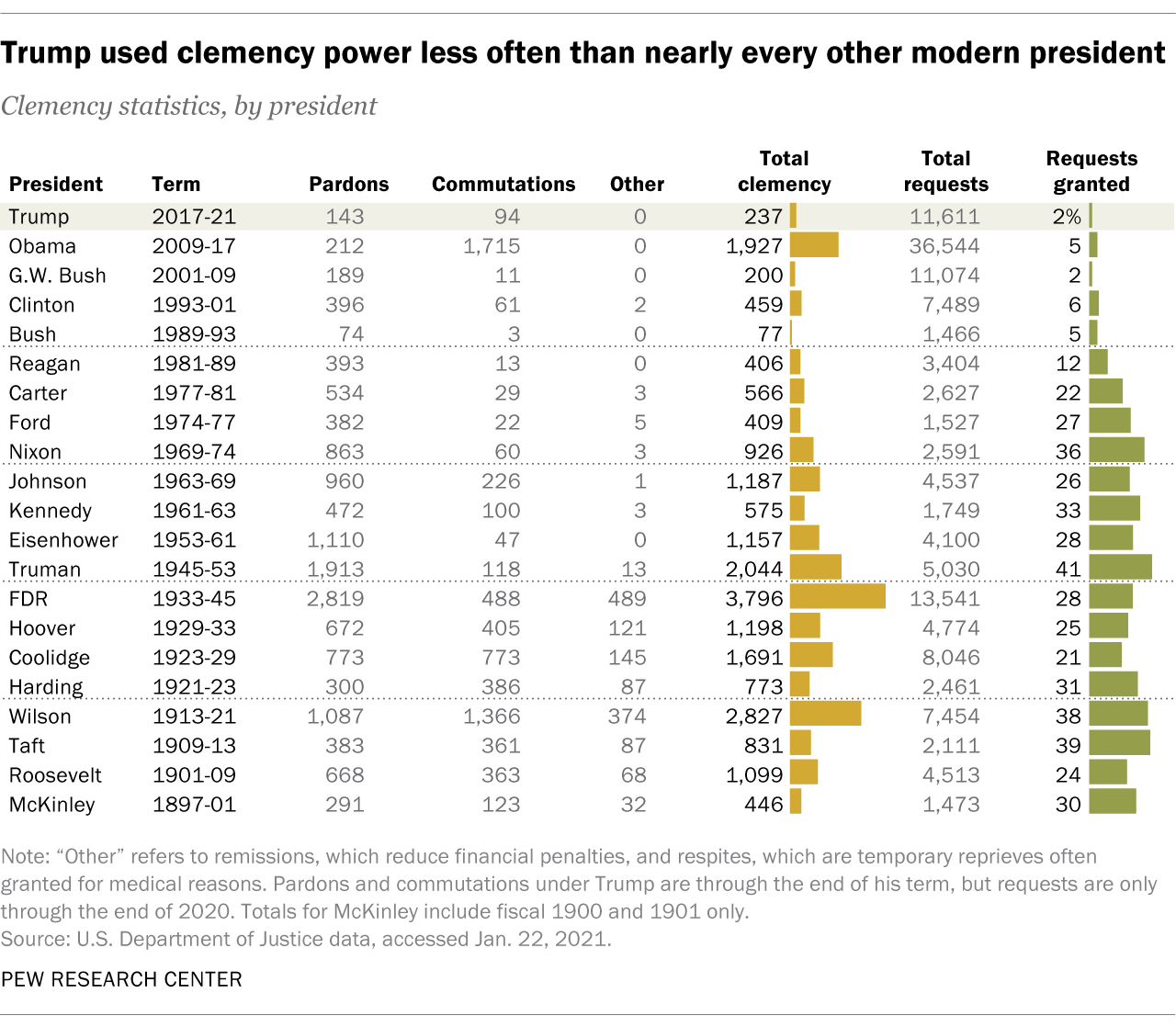Six New Measles Cases In Kansas: What You Need To Know

Table of Contents
Understanding the Current Measles Outbreak in Kansas
The Kansas measles outbreak began in [Insert Start Date], with cases initially reported in [Insert Initial Location(s)]. As of [Insert Date], a total of [Insert Total Number] cases have been confirmed. The age range of those affected varies, with [Insert Age Group Information if available]. Health officials are actively investigating the source of the outbreak and working to contain its spread through contact tracing and public health interventions.
- Specific county/region affected: [Insert County/Region]
- Source of the outbreak: [Insert Information if available, otherwise state "Under investigation"]
- Number of hospitalizations: [Insert Number if available, otherwise state "None reported" or "Data unavailable"]
Recognizing Measles Symptoms: Early Detection is Key
Early detection of measles is crucial for effective treatment and preventing further spread. Measles typically begins with symptoms similar to a common cold, including a high fever, cough, and runny nose. This is often followed by the characteristic measles rash, which usually appears a few days after the initial symptoms. Small white spots (Koplik's spots) may also appear inside the mouth. If you suspect you or your child may have measles, it's vital to seek immediate medical attention.
- High fever: Often exceeding 104°F (40°C)
- Koplik's spots: Small, white spots with bluish-white centers inside the mouth
- Runny nose: Congestion and sneezing are common.
- Conjunctivitis (pink eye): Inflammation of the eyes, causing redness and light sensitivity.
- Rash: A flat, blotchy red rash that begins on the face and spreads downward.
Measles Prevention: The Importance of Vaccination
The most effective way to prevent measles is through vaccination with the MMR (measles, mumps, rubella) vaccine. The MMR vaccine is highly effective, offering over 97% protection against measles. The recommended vaccination schedule includes two doses: the first dose is usually given at 12-15 months of age, and the second dose is given at 4-6 years of age. Adults who are unsure of their vaccination status should consult their healthcare provider to determine if they need to receive the MMR vaccine or a booster dose.
- MMR vaccine efficacy: Over 97% effective in preventing measles.
- Recommended ages for vaccination: 12-15 months and 4-6 years.
- Common misconceptions about MMR vaccine: Address common misinformation, citing reliable sources like the CDC. (e.g., The MMR vaccine does not cause autism.)
- Where to get vaccinated: Your doctor's office, local health department, or many pharmacies.
Protecting Yourself and Your Community During a Measles Outbreak
During a measles outbreak, taking precautions to protect yourself and others is paramount. Practicing good hygiene, such as frequent handwashing, is crucial. Cover coughs and sneezes with a tissue or your elbow to minimize the spread of respiratory droplets. If you are feeling unwell, stay home to avoid infecting others. Social distancing, while less effective against airborne illnesses like measles compared to hand hygiene, can still play a supportive role in reducing transmission. Regularly monitor updates from the Kansas Department of Health and Environment (KDHE) and the Centers for Disease Control and Prevention (CDC) for the latest information on the outbreak.
- Frequent handwashing techniques: Wash hands thoroughly with soap and water for at least 20 seconds.
- Importance of respiratory etiquette: Cover your mouth and nose when you cough or sneeze.
- Staying informed about the outbreak: Check official sources for updates regularly.
Resources and Further Information
For reliable and up-to-date information about the measles outbreak in Kansas, consult these resources:
- KDHE website: [Insert KDHE Website Link]
- CDC website: [Insert CDC Website Link]
- Local health department contact information: [Insert Contact Information]
Long-Term Impacts of Measles
While many people recover from measles without lasting complications, it's crucial to understand the potential for serious consequences. Measles can lead to pneumonia, encephalitis (brain inflammation), and other serious complications, particularly in infants, pregnant women, and individuals with weakened immune systems. These complications can be life-threatening.
- Pneumonia: Infection of the lungs.
- Encephalitis: Inflammation of the brain.
- Other potential complications: Ear infections, diarrhea, and dehydration.
Conclusion
The recent six new measles cases in Kansas underscore the ongoing threat posed by this preventable disease. Understanding measles symptoms, prioritizing vaccination, and practicing diligent hygiene are critical steps in protecting yourself and your community. Staying informed about the outbreak through official channels like the KDHE and CDC is essential. Preventing the spread of measles is a collective responsibility; getting vaccinated and promoting awareness are key components in achieving this goal. Get your MMR vaccine today and help stop the spread of measles in Kansas. For the latest updates on the Kansas measles outbreak, regularly check official health department websites.

Featured Posts
-
 Attaques Contre Des Prisons La Visite Ministerielle En Isere Critiquee
May 30, 2025
Attaques Contre Des Prisons La Visite Ministerielle En Isere Critiquee
May 30, 2025 -
 Live Now Pay Later A Comparison Of Top Providers
May 30, 2025
Live Now Pay Later A Comparison Of Top Providers
May 30, 2025 -
 Meet Jacob Alon A Name You Need To Know
May 30, 2025
Meet Jacob Alon A Name You Need To Know
May 30, 2025 -
 16 Million Fine For T Mobile Details On Three Years Of Security Failures
May 30, 2025
16 Million Fine For T Mobile Details On Three Years Of Security Failures
May 30, 2025 -
 Trump Issues 26 Clemency Grants Details On The Pardons And Commutations
May 30, 2025
Trump Issues 26 Clemency Grants Details On The Pardons And Commutations
May 30, 2025
